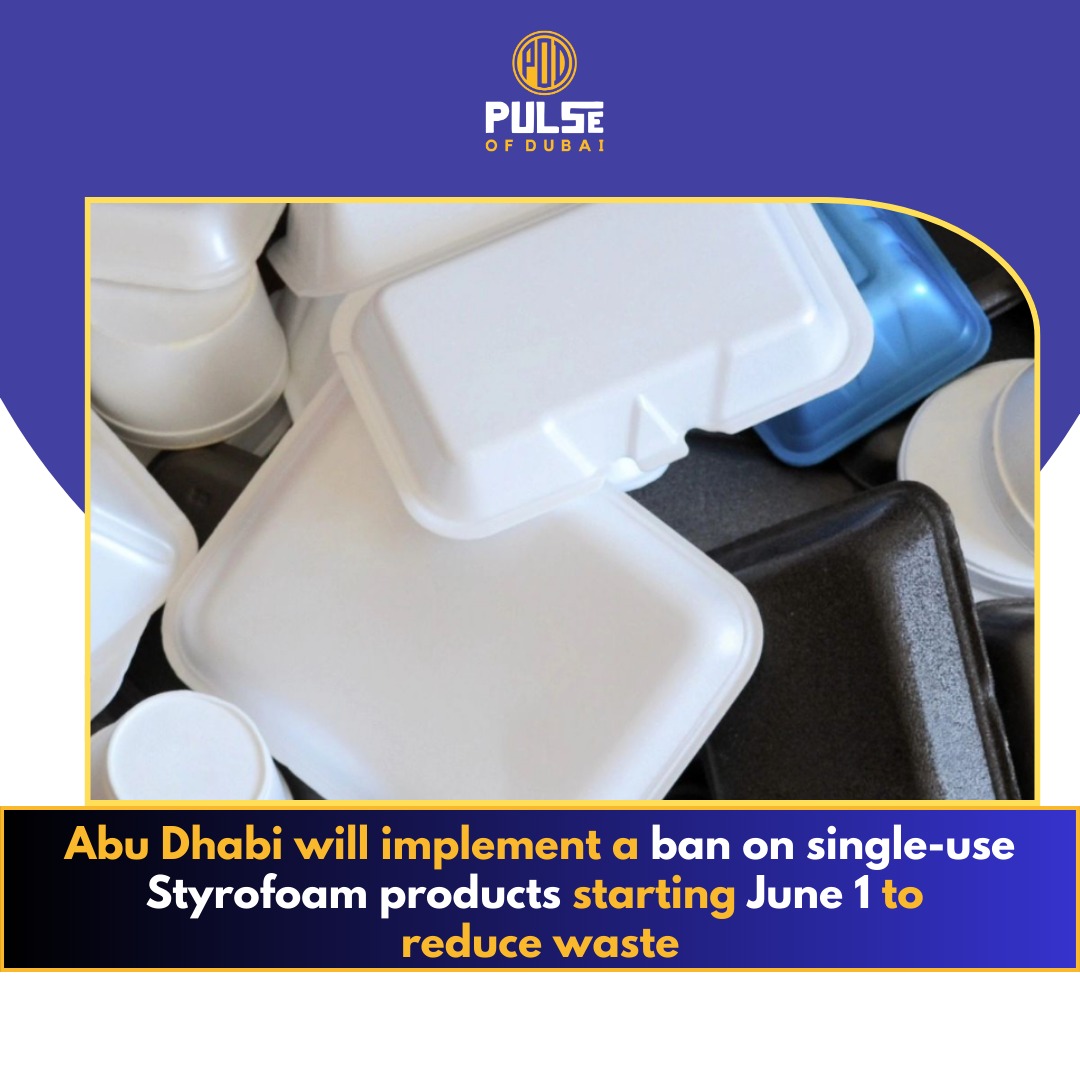The decision to implement a ban on single-use plastics, extending to items such as cups, lids, plates, beverage containers, and food receptacles for immediate consumption, reflects a significant step towards environmental sustainability and waste reduction. This move comes amid growing concerns over the detrimental impact of plastic pollution on ecosystems, marine life, and human health.
Single-use plastics have long been a ubiquitous part of daily life, particularly in the food and beverage industry, offering convenience but also posing a grave threat to the environment. These items are typically used once and discarded, contributing to the accumulation of plastic waste in landfills, oceans, and other natural habitats.
By imposing a ban on single-use plastics across various categories, including cups, lids, plates, beverage containers, and food receptacles, policymakers aim to curb the proliferation of disposable plastic items and promote the adoption of more sustainable alternatives. This ban signals a shift towards a circular economy model, where resources are used more efficiently, and waste is minimized through reuse, recycling, and responsible disposal practices.
The ban encompasses a wide range of single-use plastic products commonly used in food and beverage establishments, such as cafes, restaurants, and fast-food outlets. These items, designed for immediate consumption, contribute significantly to plastic pollution due to their widespread use and short lifespan.
Alternative materials and eco-friendly substitutes offer viable solutions to replace single-use plastics. Biodegradable or compostable options made from renewable resources, such as plant-based plastics or paper-based products, are gaining traction as sustainable alternatives. These materials decompose more readily in the environment, reducing the long-term environmental impact associated with traditional plastics.
Furthermore, the ban serves as a catalyst for innovation and industry transformation, driving businesses to explore more sustainable packaging solutions and adopt practices that minimize their environmental footprint. It encourages collaboration between stakeholders across the supply chain, including manufacturers, retailers, and consumers, to embrace more environmentally conscious behaviors and practices.
Overall, the implementation of a ban on single-use plastics for immediate consumption represents a crucial step towards addressing plastic pollution and advancing sustainability goals. It underscores the importance of collective action and policy interventions in mitigating environmental challenges and fostering a healthier planet for future generations.









